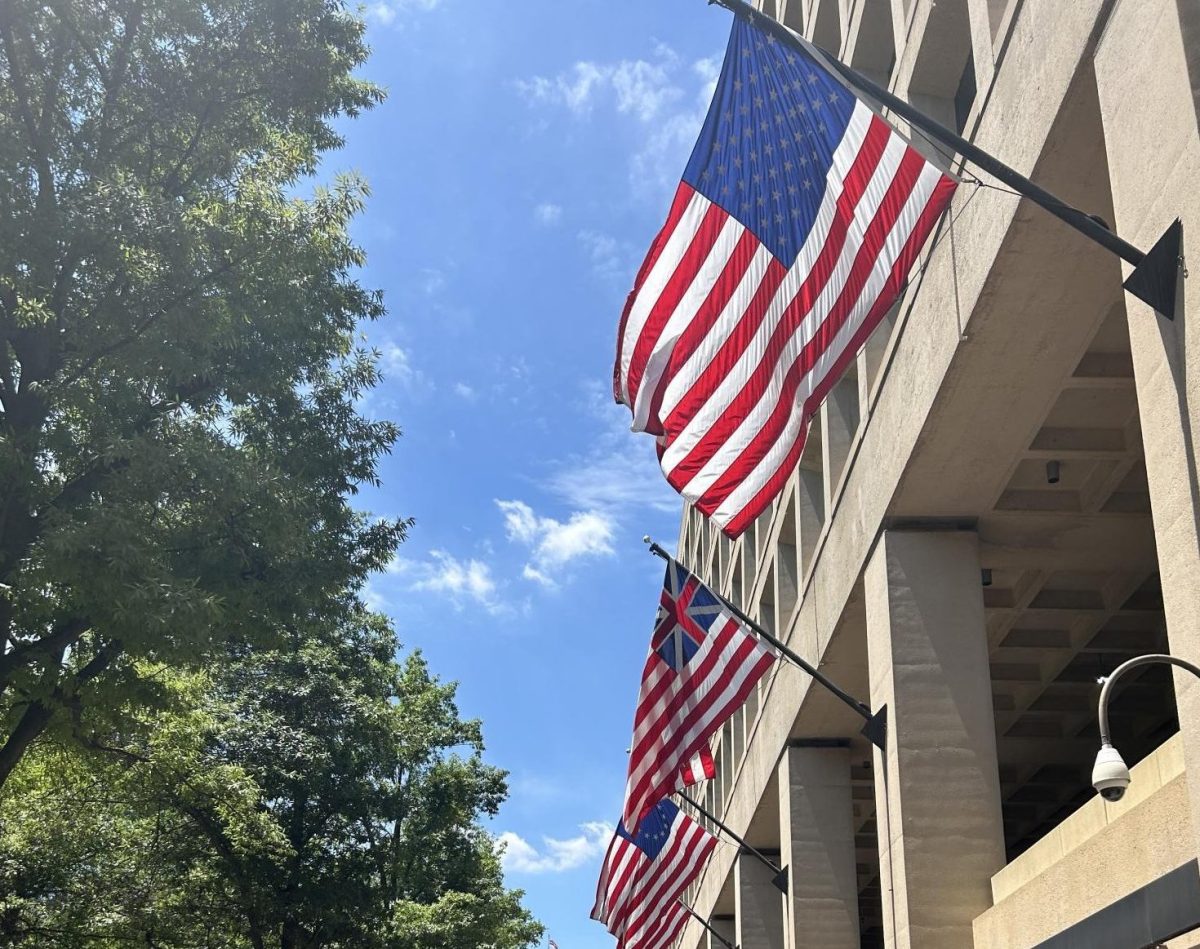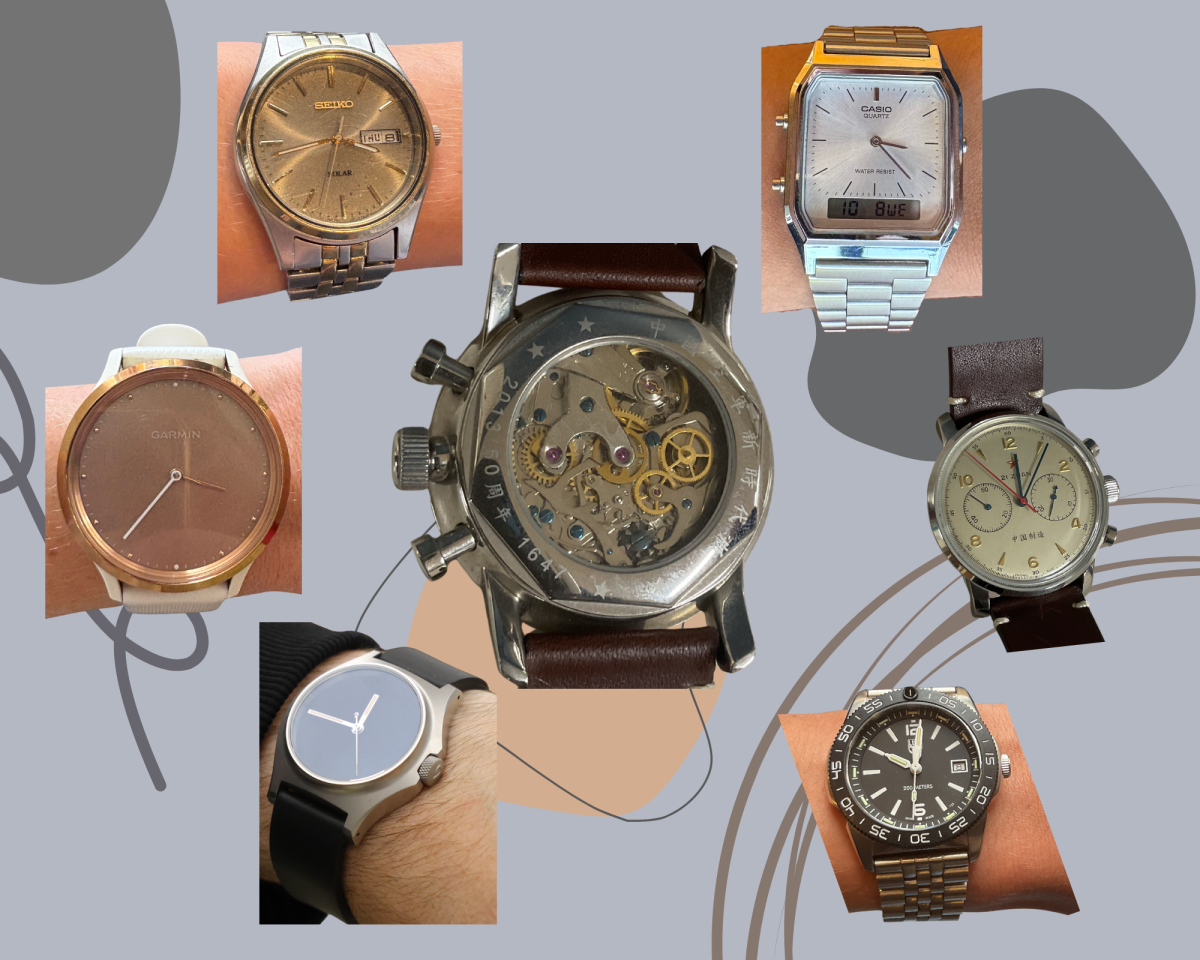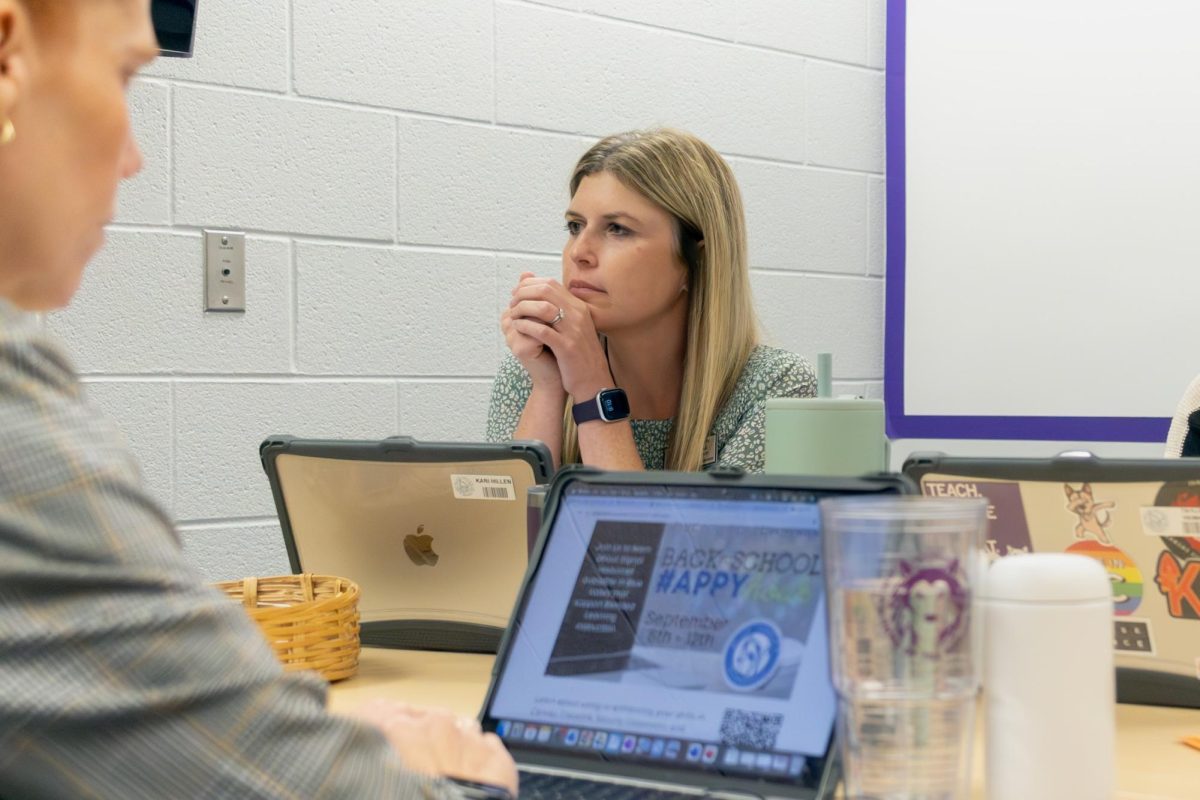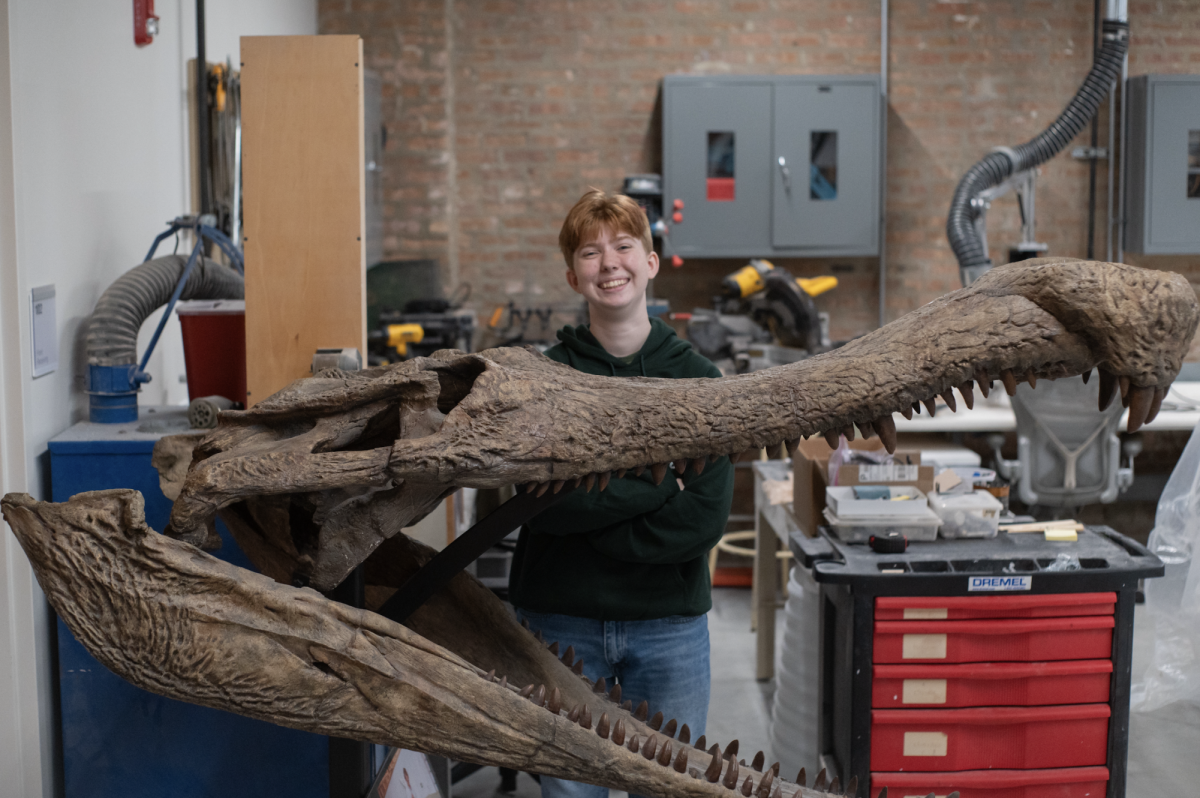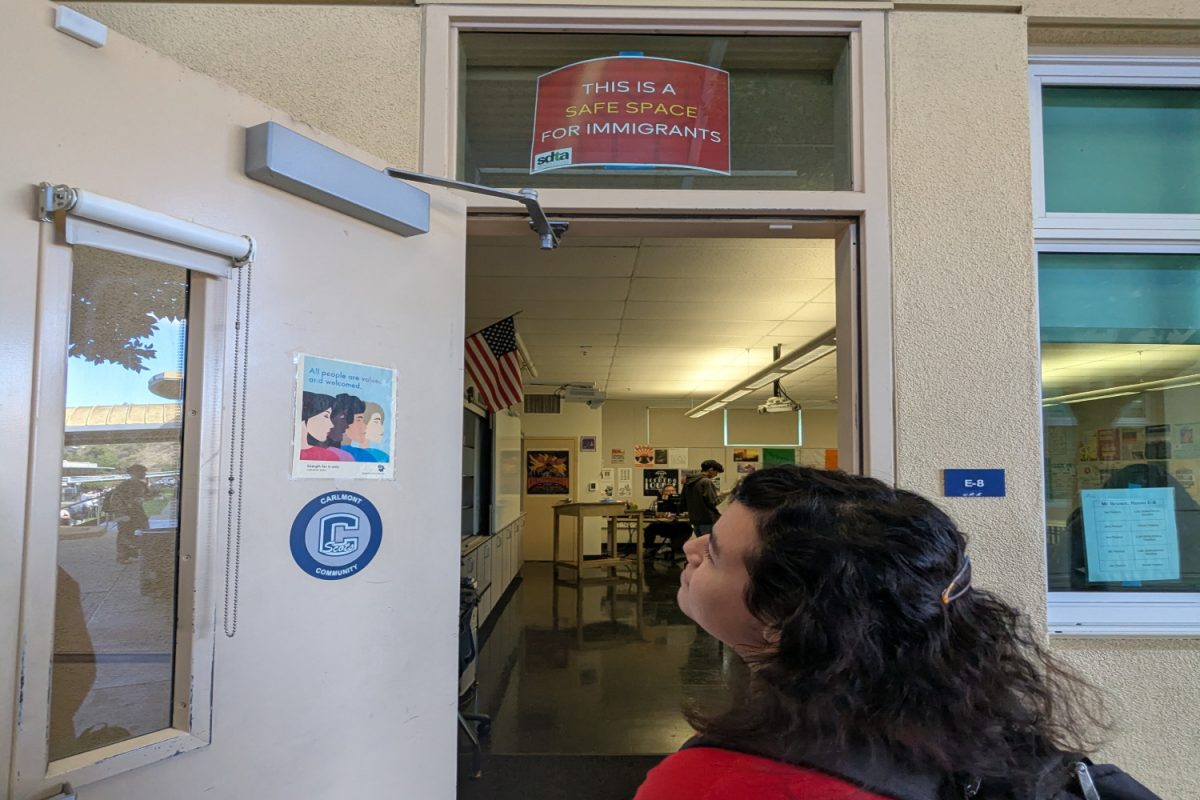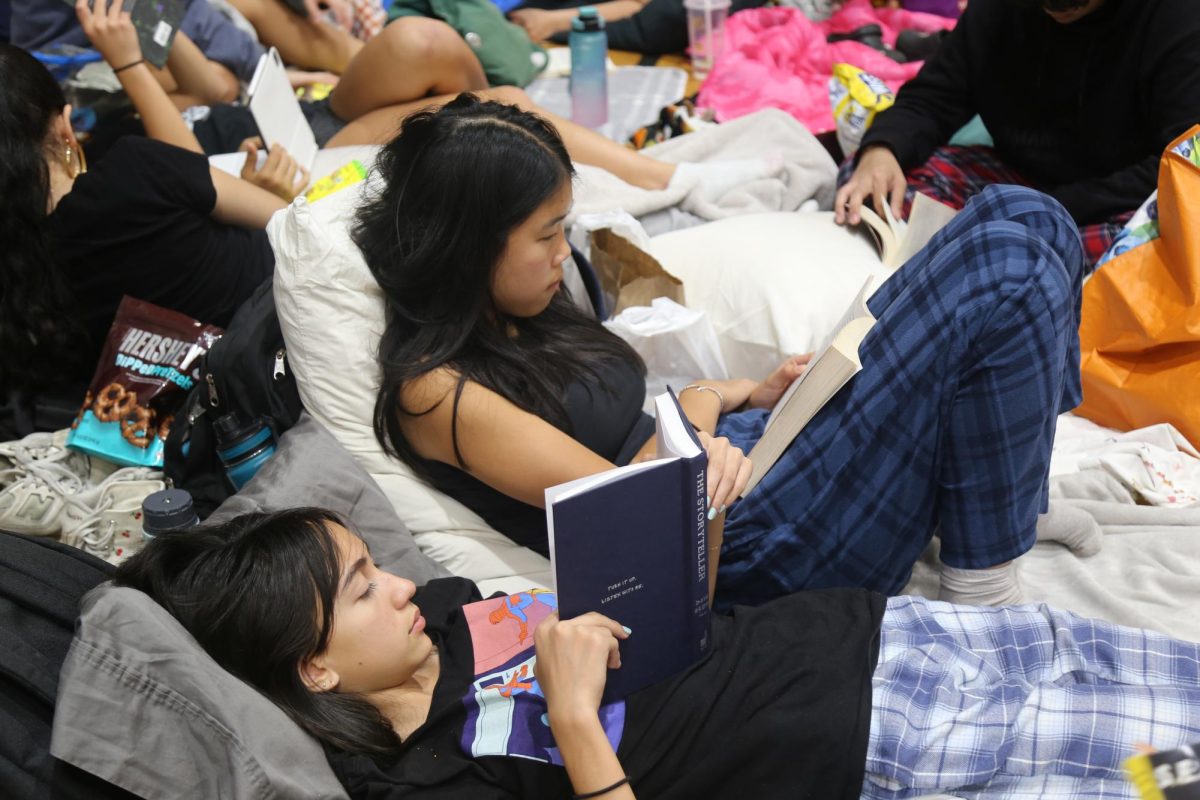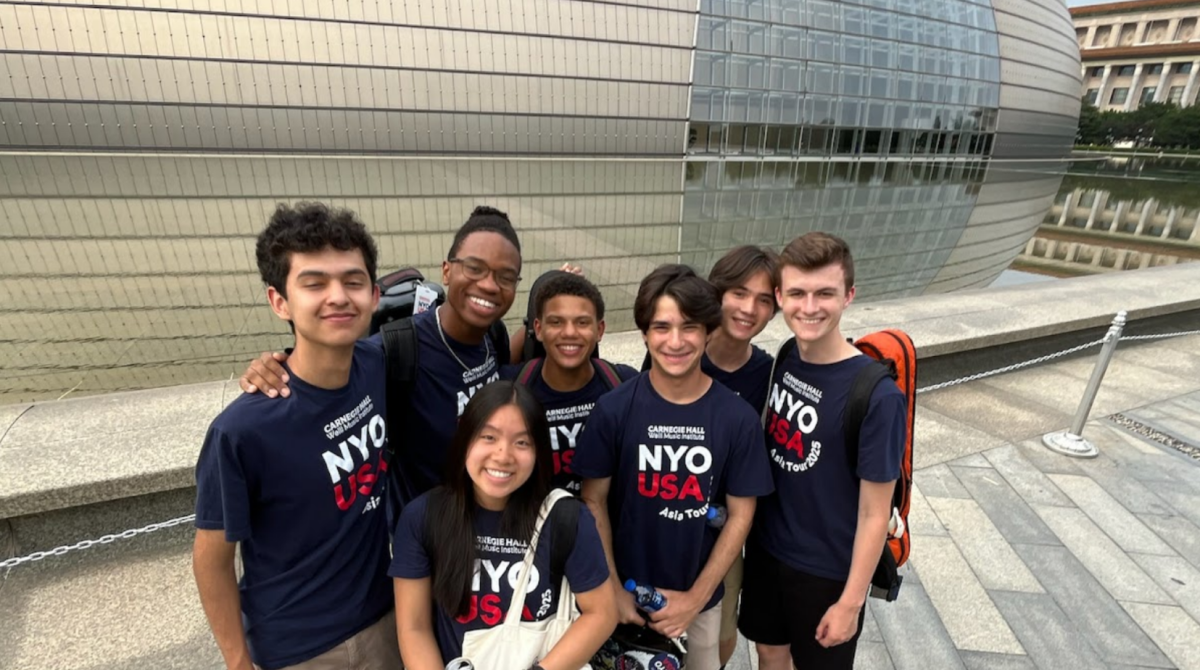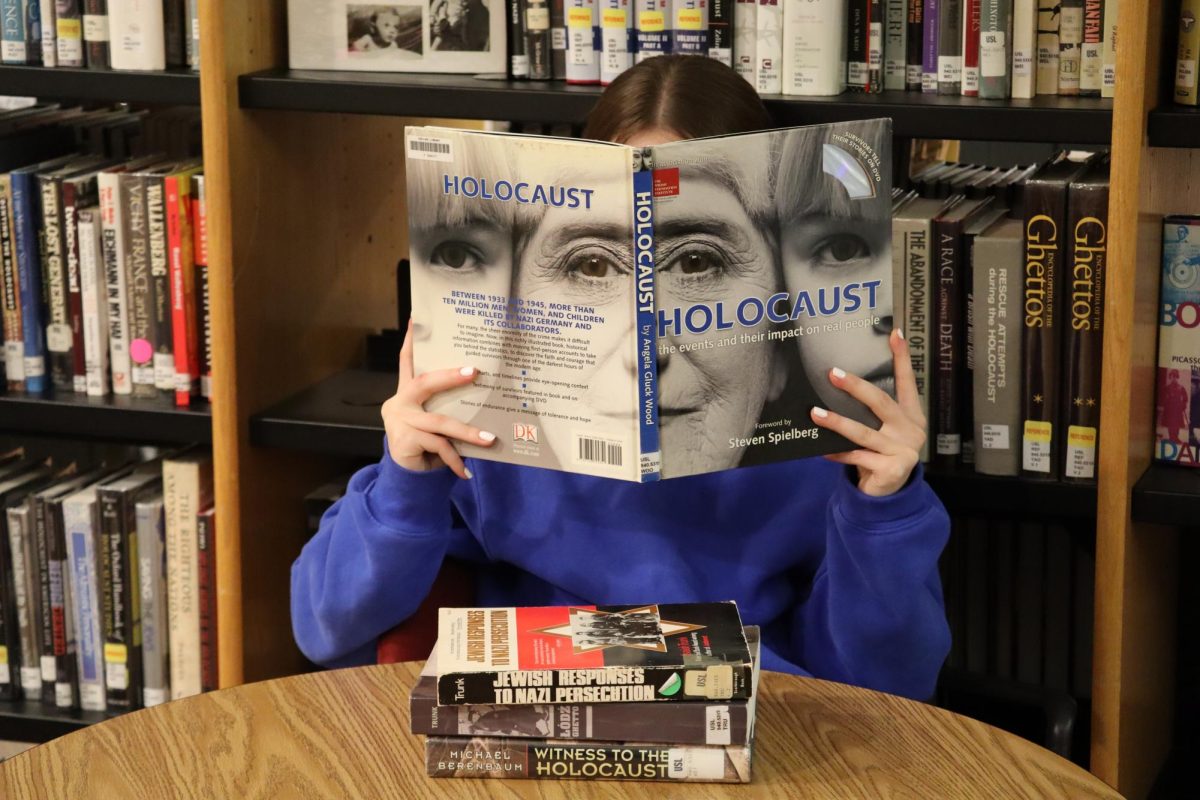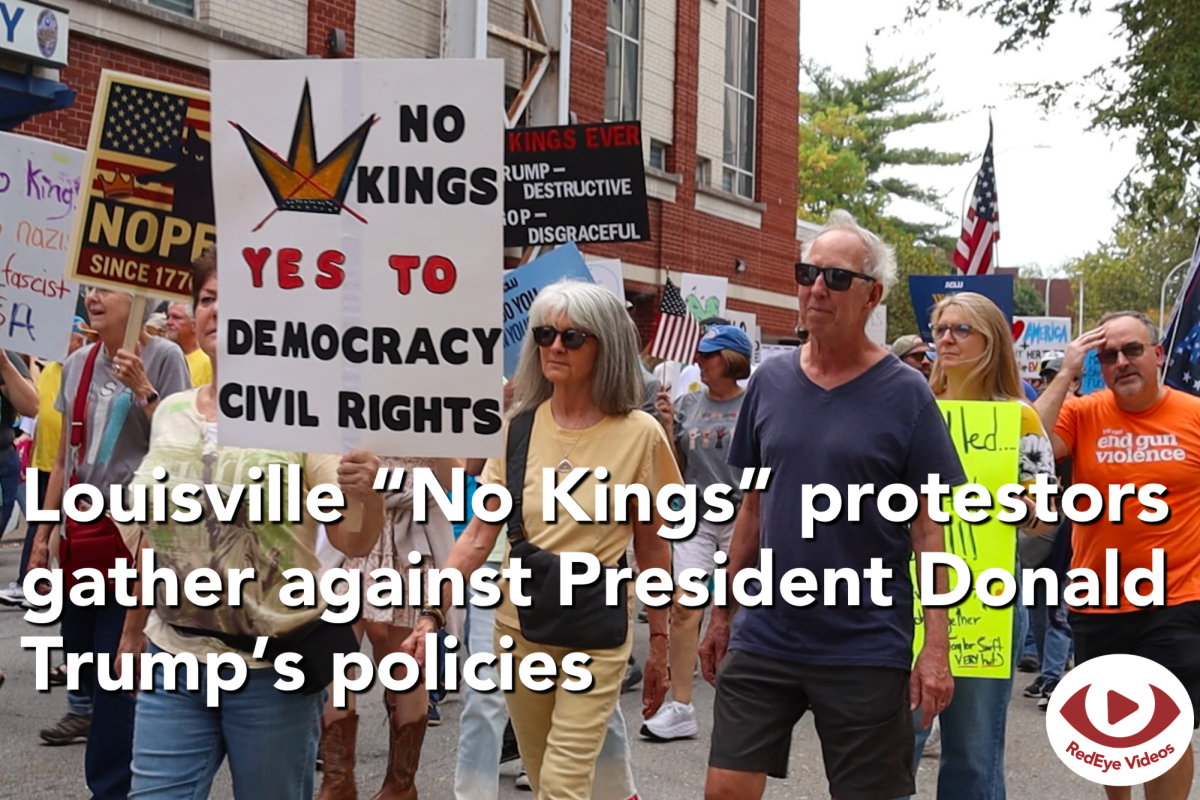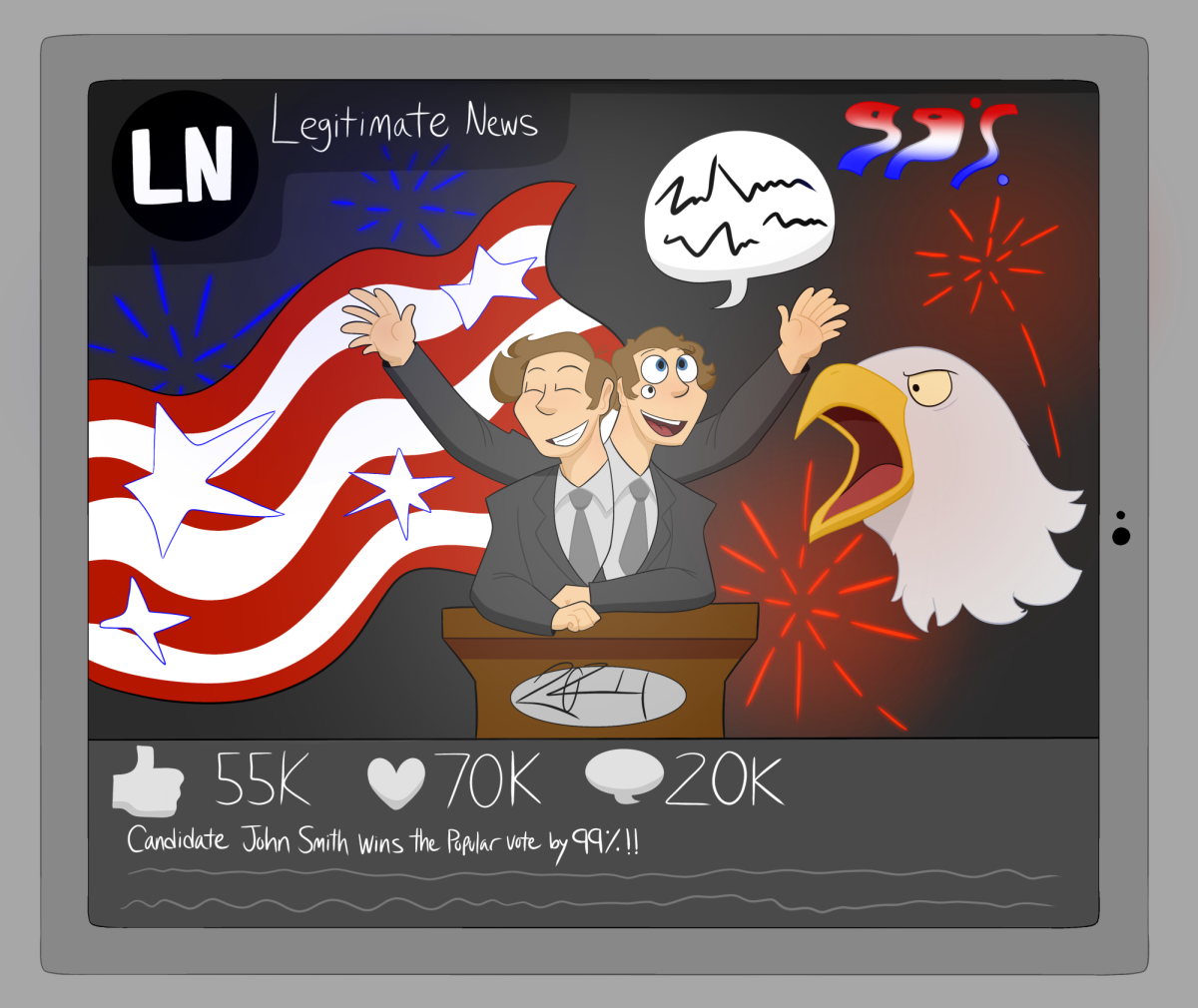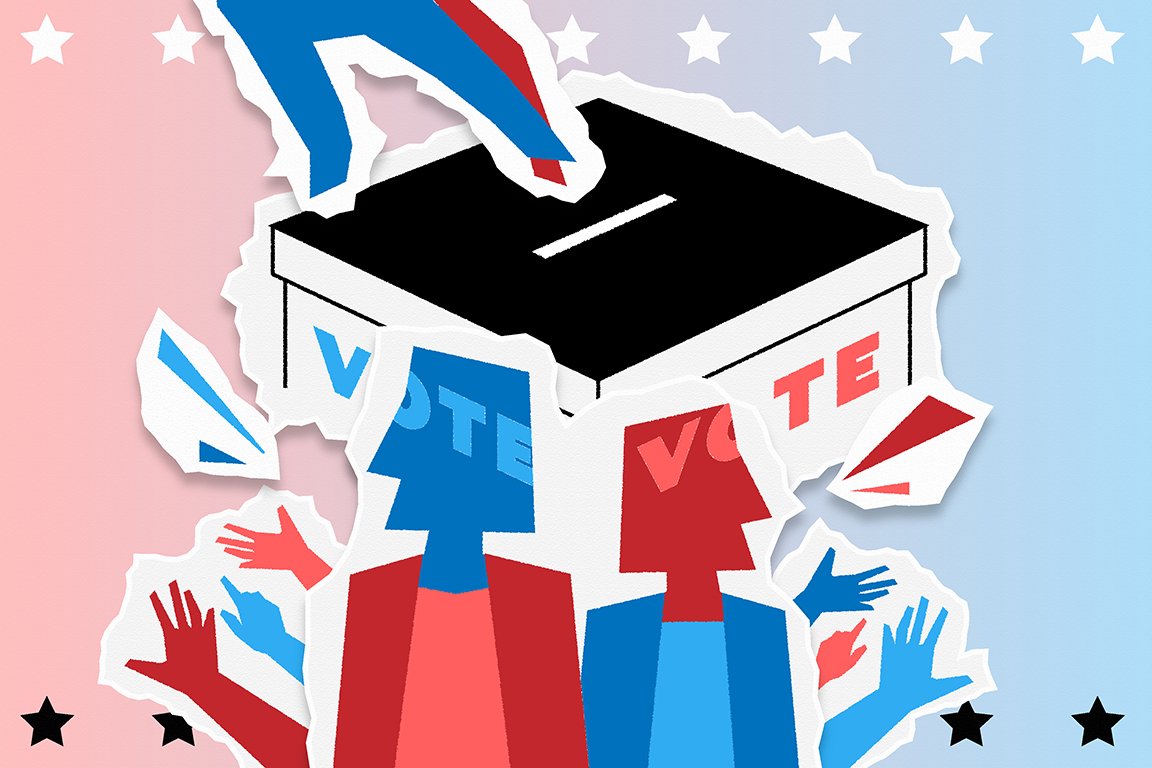From scrolling through videos on TikTok to reading comments on X, the platforms we engage with increasingly shape our worldview, particularly in the political sphere. In our digital age, social media serves as a primary source of news and political discourse for millions of users worldwide. However, social media algorithms are not neutral – they frequently reinforce existing beliefs and create echo chambers that can polarize our views.
Sophomore Zac Ryan pointed out how social media algorithms can drive users into a one-sided narrative. He observed, “If you feel like you’re interested in, say, a Kamala Harris video, the algorithm will just keep showing you more and more of that. Basically reinforcing what you think, it’s like a one-sided story type of thing.”
According to an article in Scientific American, algorithm loops, like the one Ryan described, prevent users from encountering diverse perspectives, leaving them to assume their belief is universal.
Echo chambers, where like-minded opinions constantly surround users, intensify the lack of exposure to diverse viewpoints. Jillian McCoy, head librarian and coordinator for digital information and learning, explained how easy it is to create these environments.
“My big worry with echo chambers is if we are consistently unfollowing people we disagree with–which sometimes is good because you need a break from toxic information–you never encounter different ideas and just reinforce your own thoughts,” McCoy said.
While avoiding disagreement may feel comforting, the isolation from differing opinions can deepen divides between political groups. A simple interaction between two users on opposite ends of the political spectrum often escalates into heated arguments.
Ryan provided an example: “When one person with a Kamala Harris feed comments on a right-leaning user’s Trump video, they’re gonna have this whole argument based on things they’ve seen, and it’s just gonna break out,” he said.
The rise of polarization on social media mirrors trends in broader political discourse. A 2022 study by Pew Research highlights how both parties in the United States have shifted farther from the ideological center since the 1970s, with Democrats becoming more liberal and Republicans more conservative.
Similarly, Brookings Institute reported that political polarization has also contributed to the spread of misinformation, due to both parties constructing material to defame their opponent.
McCoy commented, “There are startling statistics about what you can find on social media. When you search on Tiktok for current news events, you’re likely to get 20% misinformation.”
Misinformation on social media leads to real-world consequences. For example, during the 2020 U.S. presidential election, echo chambers on platforms like Facebook and X (then Twitter) amplified false claims of widespread voter fraud. One group, True the Vote, spread false allegations regarding the election results. Although they later admitted in court their claims were unsubstantiated, the narrative gained mass internet traction.
Noah Adler, sophomore and day student representative, discussed how the “Big Lie” regarding Trump losing the election escalated online and resulted in offline violence.
He mentioned, “We saw this [proliferation of misinformation] in the 2020 election. People got really riled up, and that led to January 6, an insurrection attack on our Capitol, where we had people breaking glass and banging on the doors of our capitol.”
The New York Times reported that four crowd members died during the January 6, 2021 attack, and five law enforcement officers lost their lives in the days and weeks following. Additionally, around 150 police officers were injured. A June 2021 Senate report concluded that a total of seven people died as a direct result of the events on January 6.
Despite events like the one discussed above, the increasing impact of social media on political discourse is not entirely negative; it comes with both advantages and disadvantages. Adler reflected on how our generation is uniquely positioned in this new digital age.
“Our generation is growing up in a world where we can communicate, where we can express our ideas without having to turn on the TV. With just a click of a button, you can see what a politician thinks. It’s created many advantages, but also many disadvantages, for political discourse,” he said.
This story was originally published on Tower on October 16, 2024.


